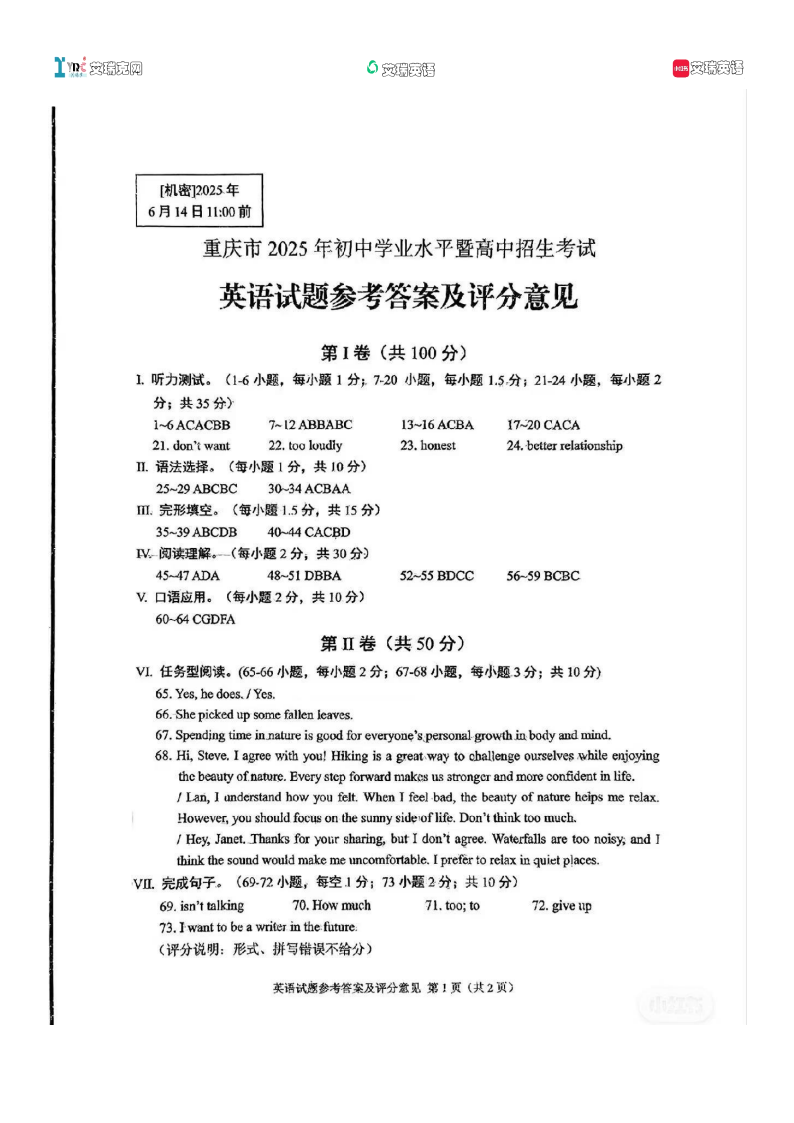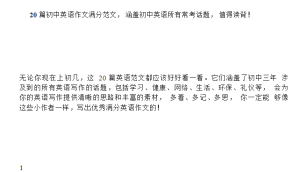
在通常情况下,在肯定句中用and,相应的否定句中则用 or。如:
He has brothers and sisters. 他有兄弟姐妹。
He has no brothers or sisters. 他既没有兄弟也没有姐妹。
They sang and danced. 他们既唱歌又跳舞(即载歌载舞)。
They didn’t sing or dance. 他们既没有唱歌也没有跳舞。
但是,在某些特殊情况下,即使是否定句也得用and。如:
Drivers must not drink and drive. 司机不准酒后驾车。
若将此句中的 and 改为 or,反而不合理了:
Drivers must not drink or drive. 司机不准开车或饮酒。
又如,汉语中有个成语叫“鱼和熊掌不可兼得”,译成英语是 can’t have one’s cake and eat it,在该否定结构中也应用 and,不用 or,否则不合情理:
You want a regular income but don’t want to work. Don’t forget: you can’t have your cake and eat it! 你既想有稳定的收入,又不想工作。别忘了,鱼和熊掌不可兼得呀!
and 和 or 均可用于祈使句后表示结果(即暗示后面的陈述句为前面祈使句的结果),注意两者意思不同:and 意为“那么”,or 意为“否则”。如:
Study hard, and you will pass the exam. 努力学习,你考试会及格的。
Study hard, or you will fail the exam. 努力学习,否则你考试会不及格。
If you study hard, you will pass the exam. 你若努力学习,考试会及格的。
If you don’t study hard, you will fail the exam. 你若不努力学习,考试会不及格。
Hurry up, or you’ll be late. 快点,否则你就要迟到了。
=If you don’t hurry, you’ll be late. 你若不快点,你就要迟到了。
扫码访问小程序中的本文















暂无评论内容